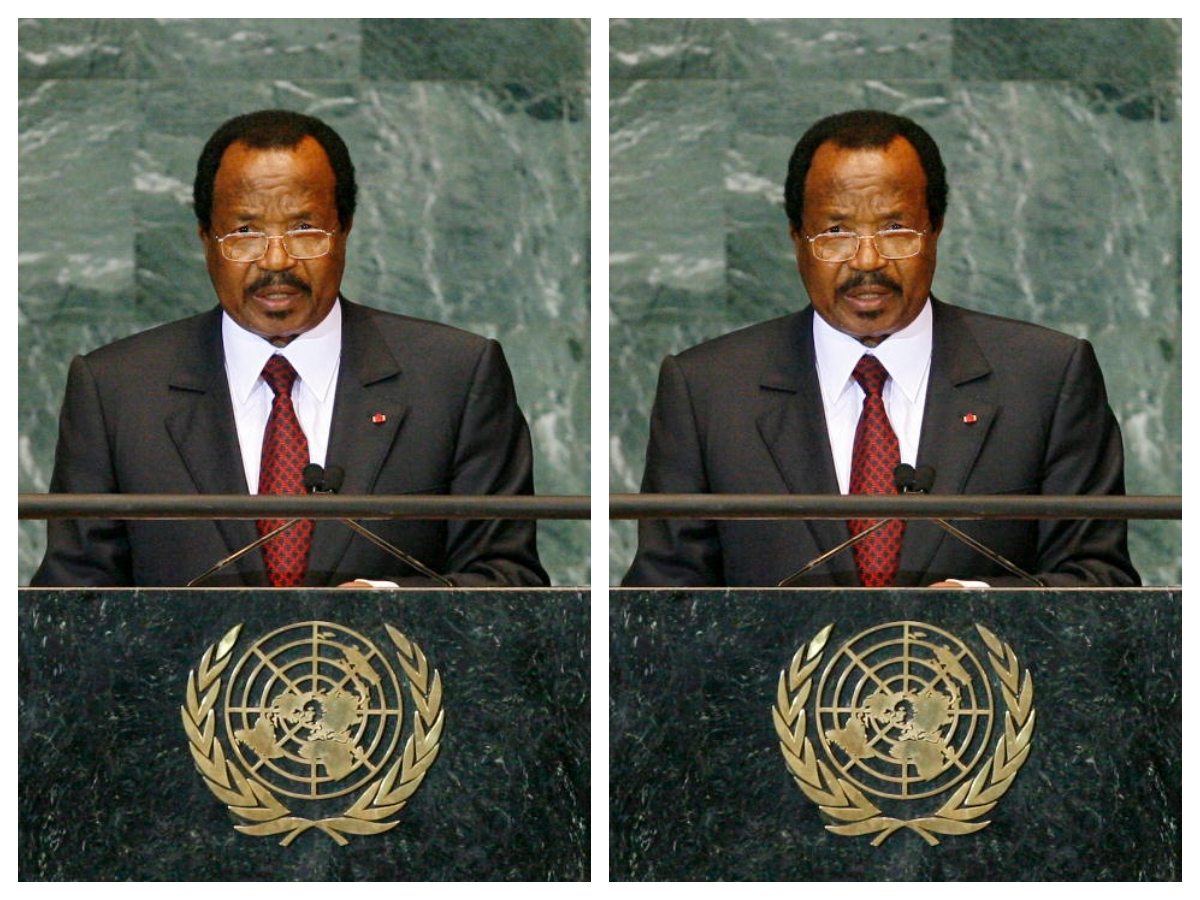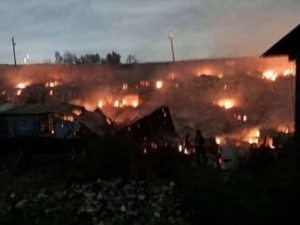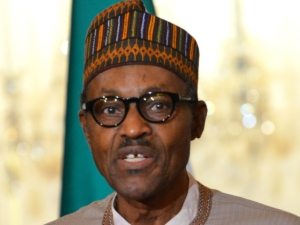After months of uncertainty and rumors surrounding his health and future, Cameroon’s President Paul Biya, age 92, confirmed Sunday that he will seek re-election in the country’s upcoming October polls, his eighth consecutive bid for the presidency.
The announcement ends speculation that the aging leader might step aside after more than four decades in power. Biya, Africa’s second-longest-serving head of state after Equatorial Guinea’s Teodoro Obiang, has ruled since 1982 and is often out of the country receiving medical treatment. Last year, rumors about his death circulated widely online, prompting a rare official response from the government denying the reports.
In a message posted to social media, Biya expressed unwavering resolve to continue leading the nation through its ongoing challenges. “Rest assured that my determination to serve you is commensurate with the serious challenges facing us,” he wrote, promising that “the best is yet to come.”
READ ALSO: Former Nigerian President Muhammadu Buhari dies aged 82
But as Biya seeks yet another term, critics say his decades-long rule has come to symbolize stagnation and growing discontent in Cameroon. His government has been dogged by corruption scandals and an unresolved separatist crisis in the English-speaking regions, where schools have been shuttered and civilians caught in deadly clashes between insurgents and state forces.
Watch a recent episode of The BreakDown podcast below and subscribe to our channel PanaGenius TV for latest episodes.
“President Biya’s announcement to run again is a clear sign of Cameroon’s stalled political transition,” Nkongho Felix Agbor, a human rights lawyer and advocate told The Associated Press. “After over 40 years in power, what the country needs is renewal — not repetition. Cameroonians deserve democratic change and accountable leadership.”
Cameroon has also faced attacks from Boko Haram militants based in neighboring Nigeria, contributing to the broader insecurity that has plagued Biya’s tenure.
Despite these challenges, Biya sailed to victory in the 2018 election with more than 70% of the vote, though the results were widely criticized due to reported irregularities and low voter turnout, especially in regions beset by separatist violence and extremist threats.
In recent months, several of Biya’s longtime allies have broken ranks to announce their own presidential campaigns, signaling cracks within his ruling coalition.
Across Africa, Biya’s announcement echoes a familiar trend of aging leaders seeking to extend their grip on power through constitutional changes or political maneuvering. In Uganda, President Yoweri Museveni is also pursuing a seventh term, moving closer to a half-century of uninterrupted rule.
READ ALSO: How dictators like Cameroon’s Paul Biya maintain control and remain in power










